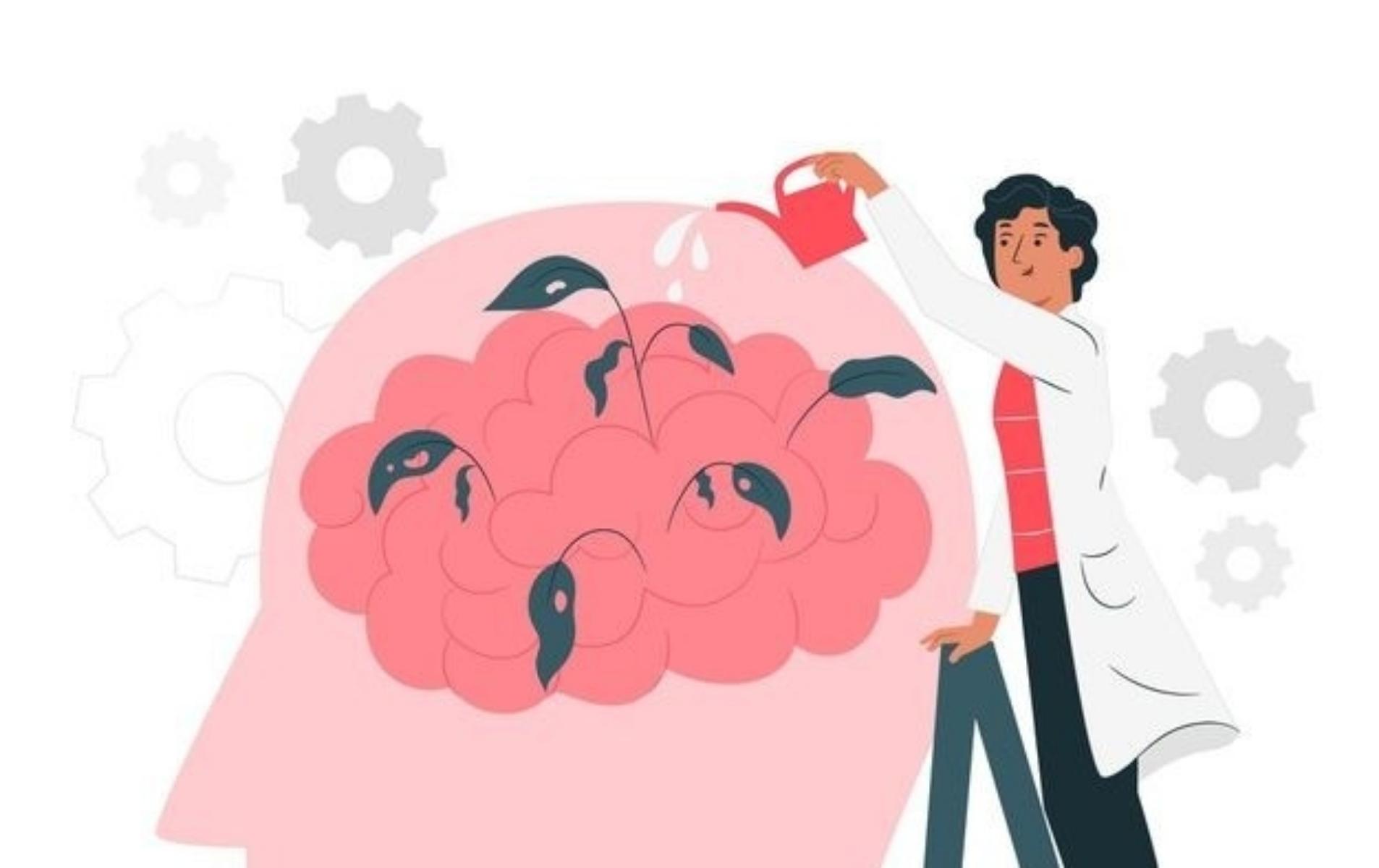Flexible Brain Shifting
Studies on Bilinguals prove that language can affect our most basic senses, our time perception, visual perception, and our emotions.
The flexible brain-shifting of bilinguals also aids in their learning, multitasking abilities, and mental well-being.
193
677 reads
CURATED FROM
IDEAS CURATED BY
The idea is part of this collection:
Learn more about psychology with this collection
How to handle conflicts
How to identify and regulate emotions
How to develop self-awareness
Related collections
Similar ideas to Flexible Brain Shifting
5 Brain myths debunked
- We use only 10% of our brains. PET or fMRI scans show that much of the brain is engaged even during simple tasks. But there's also the fact that highly motivated people score higher on IQ tests, which suggests that we don’t always exercise our minds at 💯% capacity.
- ...
Pictorial Learnings
Handwritten notes, letters, diaries and journals are an artful, reflective activity that aids learning, while becoming enduring over time.
Doodling and drawing illustrations also help us describe our learnings to others, strengthening and aiding visual learning in us as well as th...
What happens in the brain when we learn?
Neuroplasticity is the mechanism that produces learning. Each person’s capacity for learning is determined both by genetics and by education. For example, each person’s IQ will, for the most part, be determined by genetics, but intellectual effort can also affect the plasticity o...
Read & Learn
20x Faster
without
deepstash
with
deepstash
with
deepstash
Personalized microlearning
—
100+ Learning Journeys
—
Access to 200,000+ ideas
—
Access to the mobile app
—
Unlimited idea saving
—
—
Unlimited history
—
—
Unlimited listening to ideas
—
—
Downloading & offline access
—
—
Supercharge your mind with one idea per day
Enter your email and spend 1 minute every day to learn something new.
I agree to receive email updates

